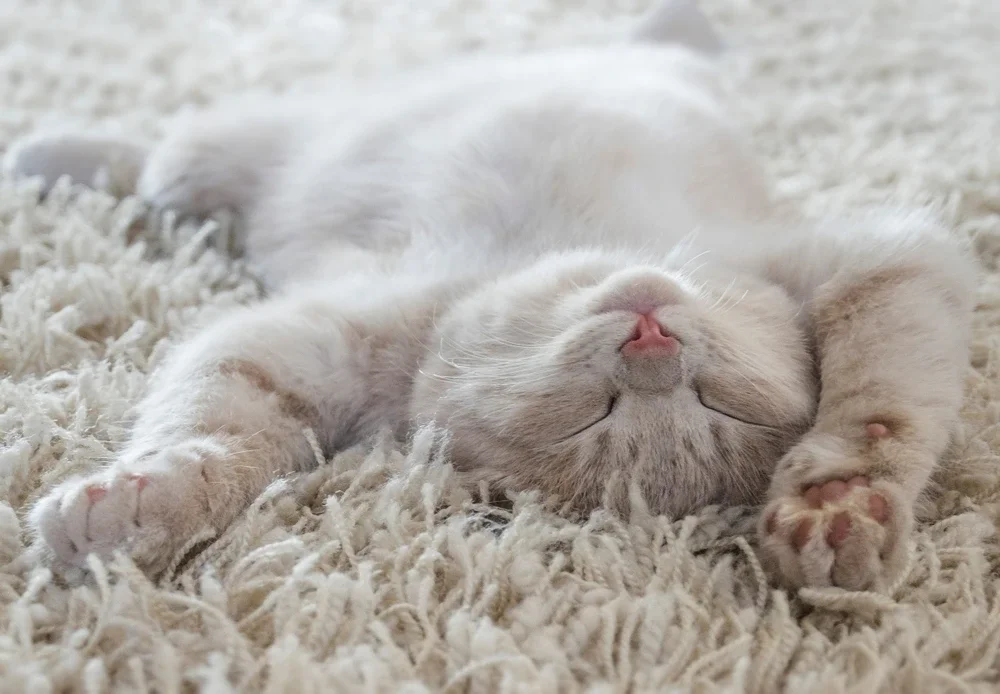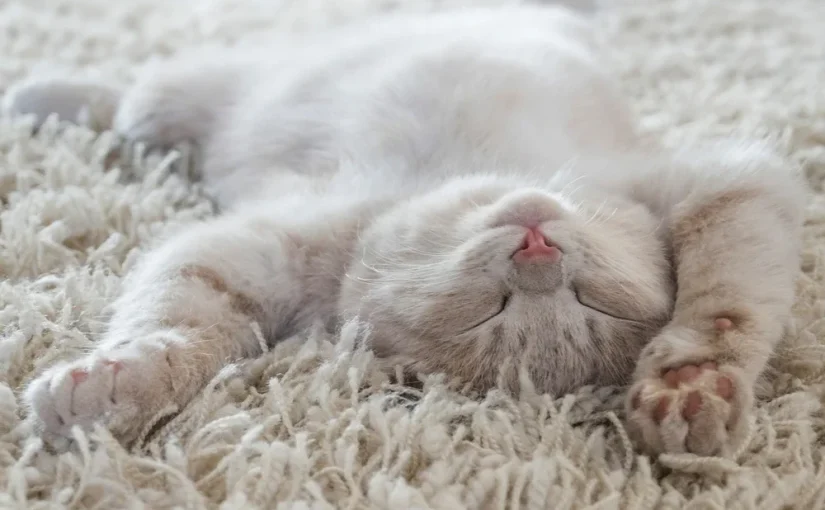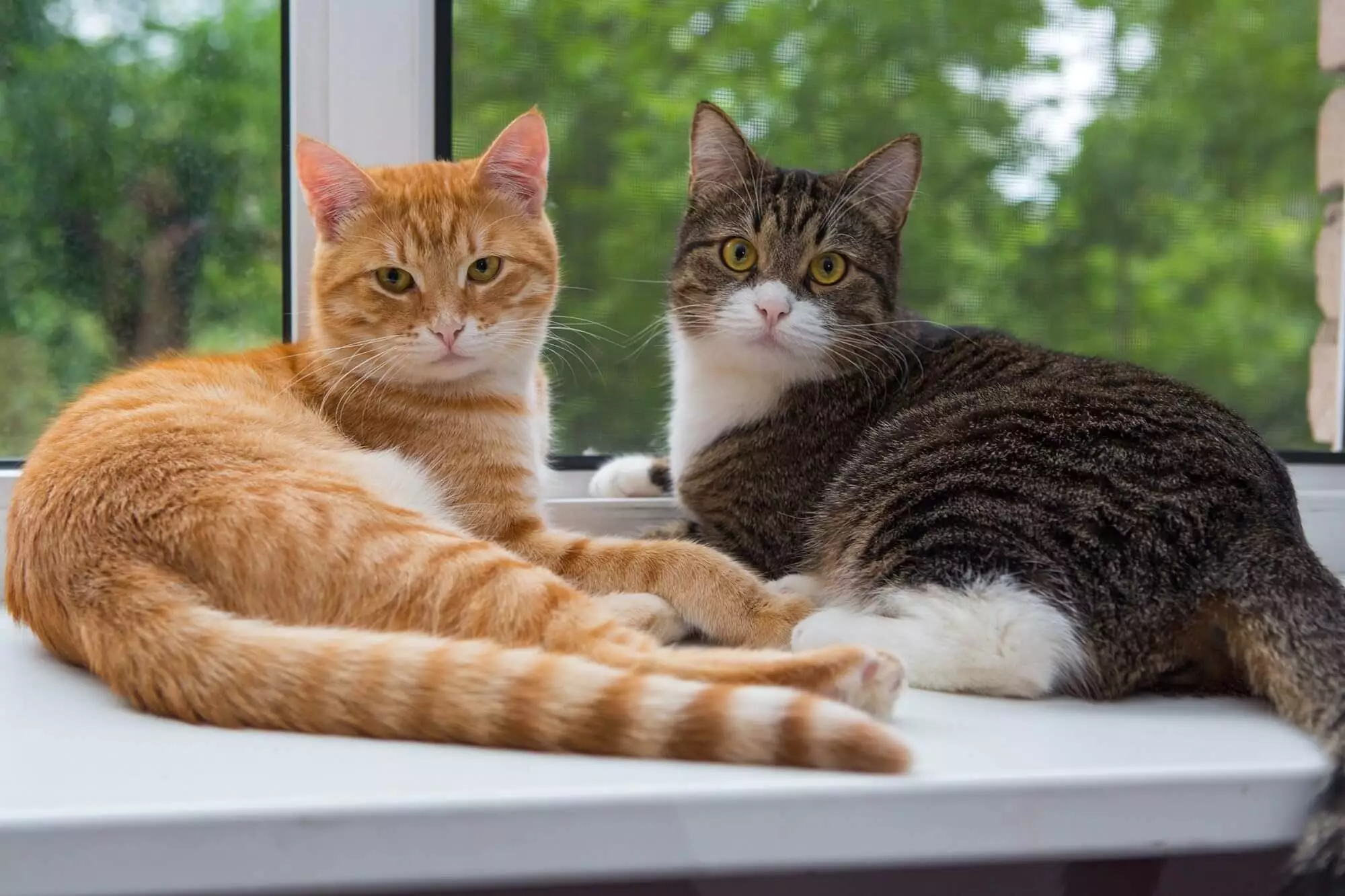Fading Kitten Syndrome is a heartbreaking and often misunderstood condition affecting newborn kittens, usually within the first few weeks of life. It’s not a single disease, but rather a group of symptoms indicating a kitten’s health is rapidly declining. The condition can develop suddenly, even if the kitten appeared healthy just hours earlier. Understanding what is Fading Kitten Syndrome and recognizing its early signs is critical for any cat owner or rescuer.

Content
What Is Fading Kitten Syndrome?
Fading Kitten Syndrome refers to the sudden deterioration and eventual death of a kitten, usually within the first 12 weeks of life. It can result from various causes like congenital defects, infections, parasites, environmental stress, or poor nutrition.
Although it is sadly common in rescue and shelter settings, even kittens born at home can be affected. Many pet owners ask, “Is Fading Kitten Syndrome painful?” The answer is yes—without timely intervention, a fading kitten may suffer from weakness, hypothermia, difficulty breathing, and eventual organ failure.
Fading Kitten Syndrome Symptoms
Early detection can be lifesaving. Here are key Fading Kitten Syndrome Symptoms to watch out for:
- Constant crying or restlessness
- Weak suckling reflex
- Pale gums or cold body temperature
- Weight loss or failure to gain weight
- Lethargy or lack of response
- Separation from the mother or littermates
If you notice any of these signs, consult a vet immediately. Time is critical when dealing with this condition.
How to Treat Fading Kitten Syndrome
The first step in knowing how to treat Fading Kitten Syndrome is immediate supportive care. Stabilizing the kitten’s body temperature, ensuring hydration, and providing nutrition are crucial.
- Warmth: Use a heating pad or warm towel to keep the kitten’s body temperature stable.
- Feeding: Offer kitten milk replacement every 2–3 hours if the mother isn’t nursing.
- Hydration: A vet may administer subcutaneous fluids to prevent dehydration.
Professional veterinary support is essential for the kitten’s survival. While home efforts help in the early stages, professional guidance significantly increases survival chances.
How to Cure Fading Kitten Syndrome at Home

While it’s always best to seek veterinary care, some ask about how to cure Fading Kitten Syndrome at home. If professional care is not immediately available:
- Keep the kitten warm 24/7
- Use kitten formula for feeding (never cow’s milk)
- Gently rub the kitten to stimulate circulation
- Administer sugar water (diluted) if the kitten appears weak or hypoglycemic
These Fading Kitten Syndrome treatment at home methods can stabilize a kitten temporarily. However, they are not substitutes for a vet visit. Immediate professional evaluation gives the kitten the best chance of recovery.
Is Fading Kitten Syndrome Painful?
One of the most concerning questions from pet parents is, “Is Fading Kitten Syndrome painful?” Sadly, yes. Affected kittens often experience discomfort due to dehydration, hunger, or internal complications. Acting fast can significantly reduce their suffering and improve survival chances.
Conclusion
Fading Kitten Syndrome is a serious and time-sensitive condition that requires fast action and informed care. Understanding what is Fading Syndrome, recognizing Fading Syndrome symptoms, and knowing how to treat Fading Syndrome can make a crucial difference. While treatment at home is possible in early stages, professional veterinary care should always be your top priority. If you ever question whether you’re doing enough, remember—your quick and caring response could save a fragile life.
To better protect your pets, also learn about Tick Diseases In Dogs and how these parasites can impact canine health.
FAQs
How long do kittens live with Fading Kitten Syndrome?
Kittens can deteriorate within 24–48 hours after symptoms appear. Immediate care is crucial.
What are signs of Fading Kitten Syndrome?
Signs include lethargy, cold body, pale gums, weak feeding, and separation from the litter.
How do you fix Fading Kitten Syndrome?
Immediate warming, feeding, hydration, and a veterinary visit are essential to save the kitten.
Is Fading Kitten Syndrome my fault?
No, it often stems from unavoidable genetic or health issues. Prompt action is what matters most.

Meet Max, the dog’s best friend. He’s a pup-loving pro, sharing tips on training, grooming, and adventures with our four-legged companions.












